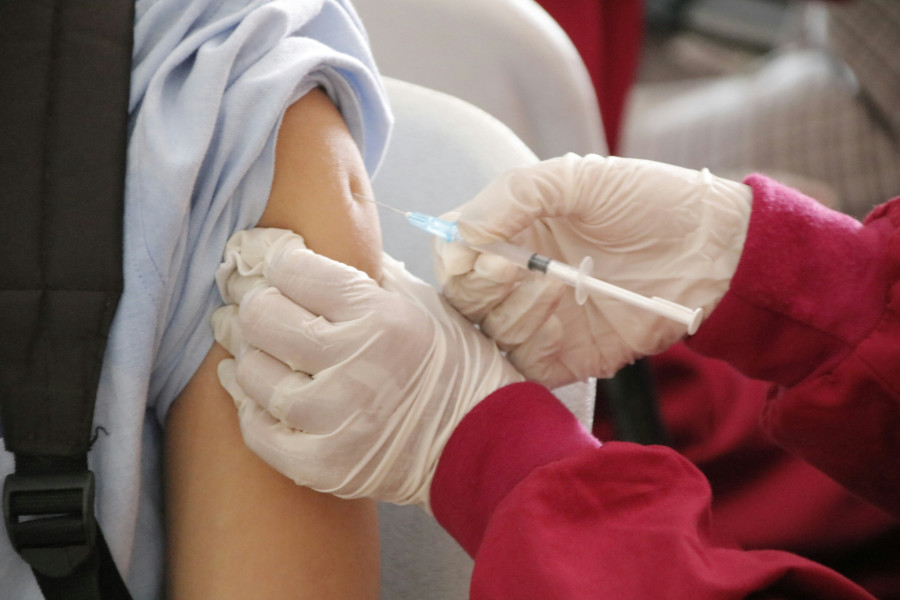
Search
Mistrust and Missed Shots: Trust and COVID-19 vaccination decisions

Published: 2025
Authors: Amelia Blamey, Ilan Noy
Trust and the COVID-19 vaccine: what we can learn for future pandemics
Why do some people delay or refuse vaccines—even when they save lives? This paper explores how trust, both in other people and in public institutions, shapes vaccine decisions.
Drawing on a uniquely rich dataset of over 22,000 New Zealanders from the 2014–2018 General Social Surveys, we link people’s reported trust in seven areas—including health, police, Parliament, and the public—to their later COVID-19 vaccination behaviour.
Our findings are clear: higher trust correlates with lower vaccine hesitancy. People who trust more—especially in the police and in others—tend to get vaccinated faster and are less likely to refuse a vaccine. The link is weaker for trust in media but remains significant across all domains.
By understanding how trust affects vaccine choices, we can build stronger, more effective public health campaigns and respond better to future pandemics.
Citation
Blamey, Amelia and Ilan Noy. "Mistrust and Missed Shots: Trust and COVID-19 vaccination decisions.” Motu Working Paper 25-03. Motu Economic and Public Policy Research. Wellington, New Zealand


Level 1, 97 Cuba Street, PO Box 24390
Wellington 6142, Aotearoa New Zealand
Media enquires: 021 837 966
Phone: 04 939 4250
 Back to main menu
Back to main menu
